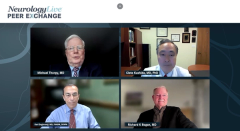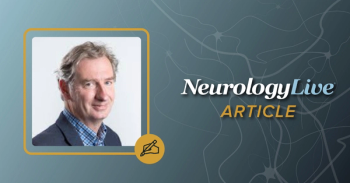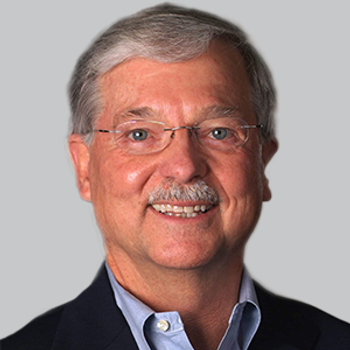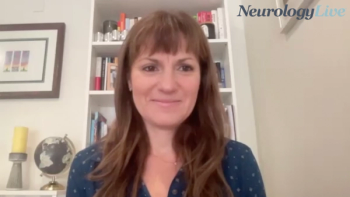
Abuse and Dependency Potential With Newer Narcolepsy Treatment
Experts in sleep medicine share their knowledge on abuse and dependency potential with newer narcolepsy treatment.
Episodes in this series

This is a video synopsis/summary of a panel discussion involving Michael Thorpy, MD; Karl Doghramji, MD, FAASM, DFAPA; Clete Kushida, MD, PhD; and Richard K Bogan, MD.
The experts discuss patient concerns regarding abuse and dependence on medications commonly used for narcolepsy treatment, particularly traditional stimulants like methylphenidates and amphetamines. The speaker notes the difficulty some patients face in discontinuing amphetamine use once started, highlighting the potential for abuse and dependence. They raise a question about the abuse and dependence potential of newer medications.
The speaker explains that all medications for narcolepsy are scheduled drugs, except for pitolisant, which is not scheduled and not a controlled substance. Pitolisant works differently from other medications by not increasing dopamine levels, making it potentially less prone to misuse or abuse. However, if other scheduled medications are necessary, careful counseling on potential misuse and abuse is essential. The speaker emphasizes the importance of involving a mental health practitioner to monitor misuse or abuse, as it can lead to the use of other substances.
In addition to abuse and dependence concerns, patients also worry about the long-term effectiveness of medication. While long-term studies are limited, shorter studies up to 12 months have been conducted.
Video synopsis is AI-generated and reviewed by NeurologyLive editorial staff.
Newsletter
Keep your finger on the pulse of neurology—subscribe to NeurologyLive for expert interviews, new data, and breakthrough treatment updates.










